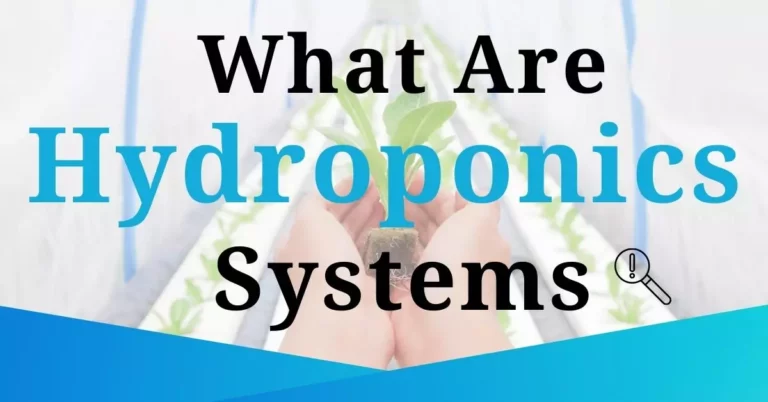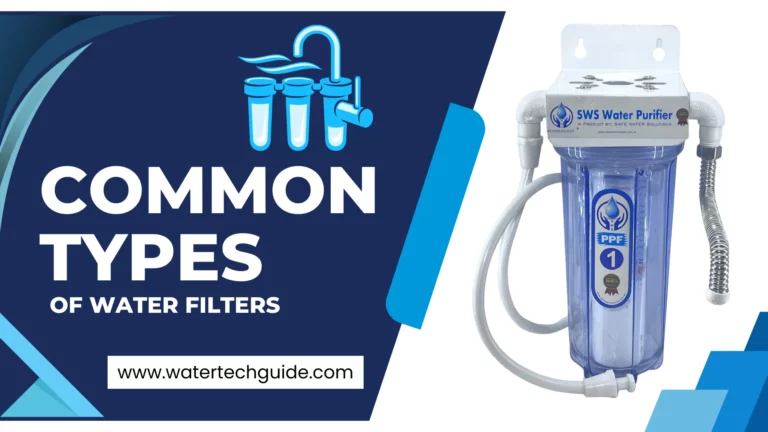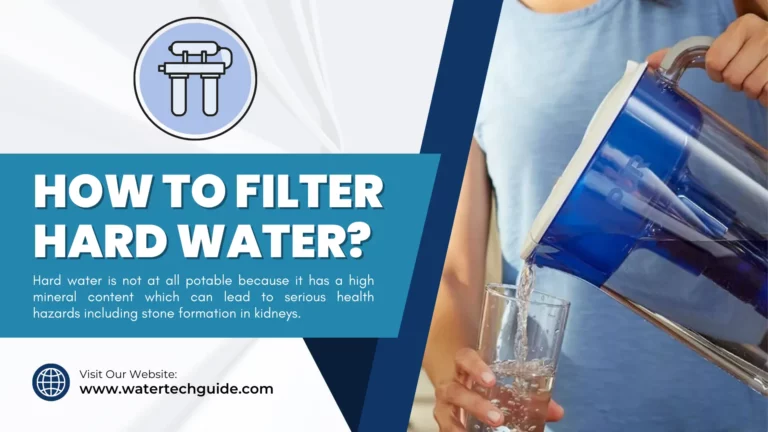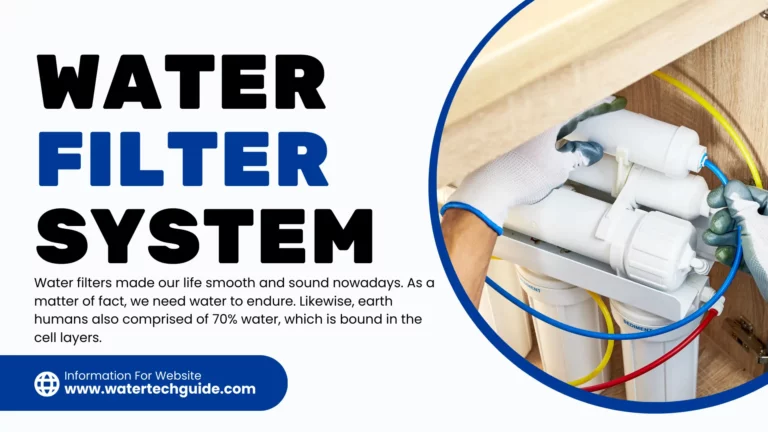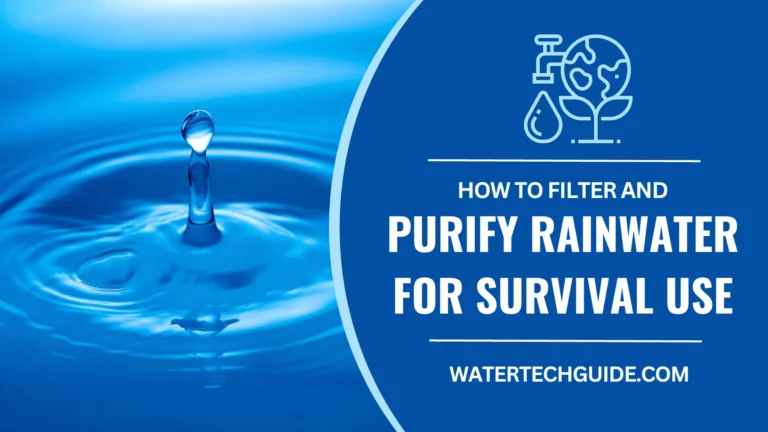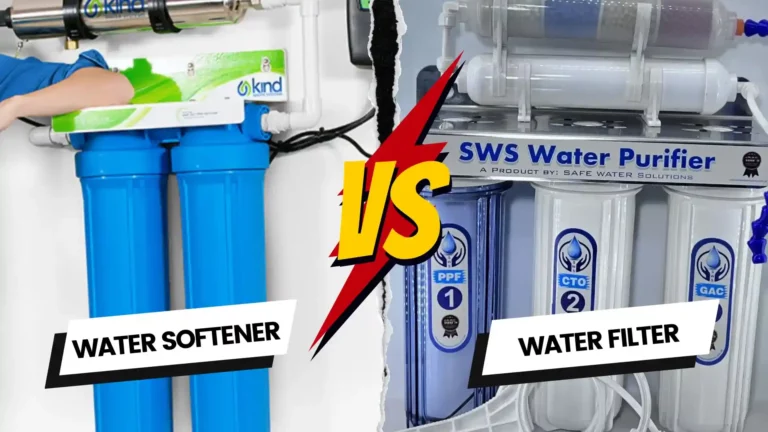Boiling or Filtering: Which Is the Best Way to Purify Water?
If you want to make sure the water you’re drinking is safe, there are two main ways to purify it: boiling or filtering. In this post, we will discuss the best way to purify water as well as its benefits and answer is it better to boil or filter water.
The water that we drink is a basic necessity of life, but it can also carry harmful contaminants that you do not want to be drinking. You can boil or filter water to remove contaminants like bacteria and viruses? Boiling water will kill most bacteria that are often found in the water supply, depending on the filter it may not remove bacteria and viruses but it will filter out sediment and heavy metals.
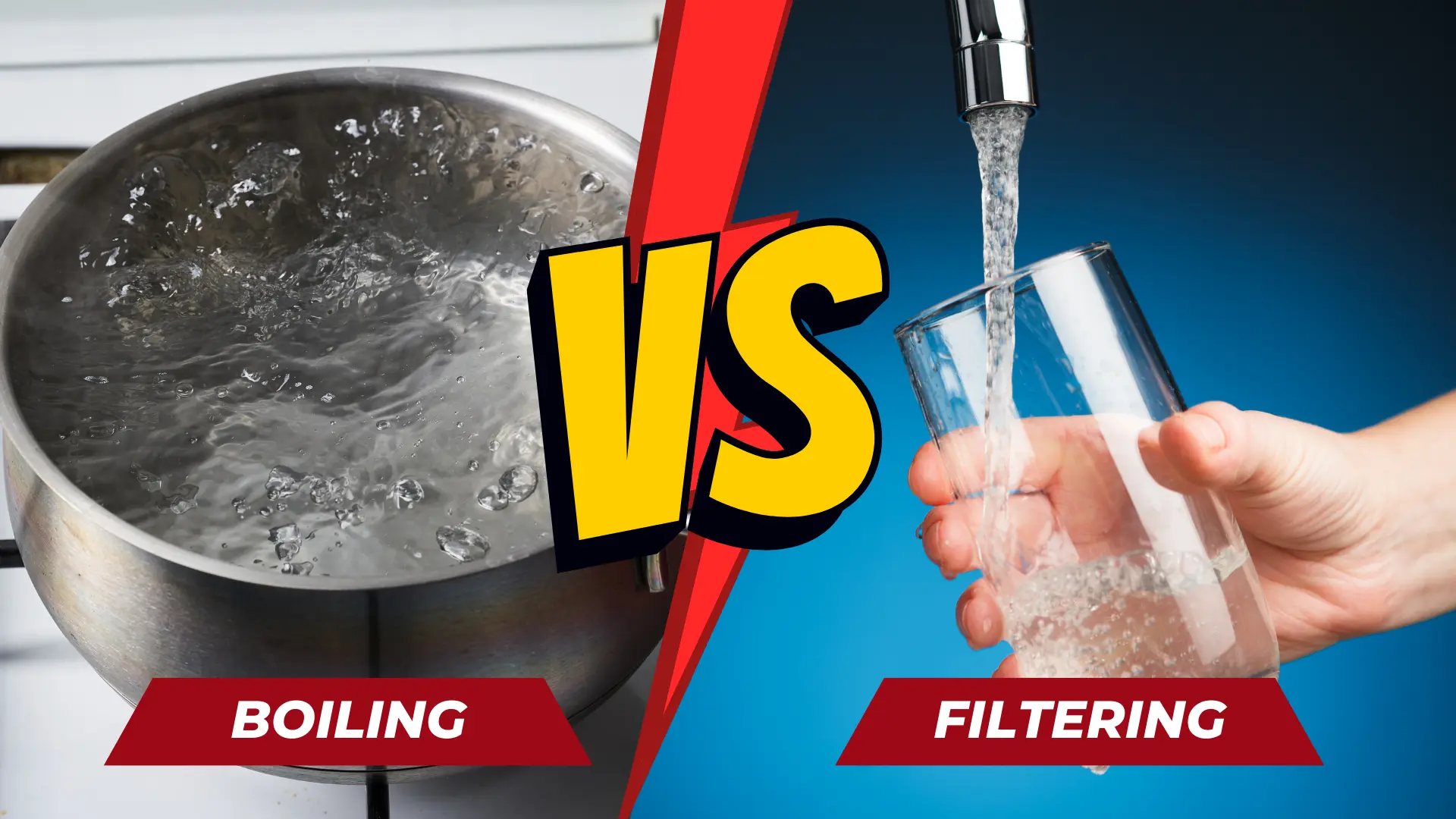
The boiling point of water is 100 degrees Celsius, or 212 degrees Fahrenheit and most bacteria cannot live for more than a few minutes above 70 degrees Celsius or 160 degrees Fahrenheit.
Boiling water is not only the most common way to purify it, but it is the oldest method. Our ancestors used this technique before germs were discovered! They understood that boiling water prevented illness and made the taste of boiled water enjoyable by adding leaves and herbs to it. Coffee was originally drunk as a pick-me-up during morning hours when people had no time for breakfast, while Tea began to be enjoyed after meals because of its medicinal properties which helped digestion.
So, without intending to do so, almost everybody starts their day by crudely purifying at least one mug full of water. Boiling water kills all bacteria in the water through heat and will make your water safe if there are no chemicals or heavy metals present. Rainwater is okay to just boil as it is likely not going to have many contaminants unless your roof has old tin or lead flashing, in which case boiling will be ineffective at removing the heavy metal contaminations. Boiling is also less effective against some viruses.
The upside: It’s easy! just flick the kettle on and let the water come to a rolling boil, ideally, the water should be boiled for at least 3 minutes.
Interestingly, Beer was originally created to combat the water-borne illnesses that would ail people when they drank from potentially contaminated streams or wells. Early Ales had a very low alcohol content and were more like refreshing drinks than intoxicants. Hops were added to the beer not only for flavor but because of their antibacterial properties too!
What are the Reasons to Purify Drinking Water?
Before the water comes out of your tap it has sat in holding tanks and been through countless miles of metal, plastic and concrete pipes along the way it picks up bacteria, and dissolves metals, all of which end up in your water glass. In addition to that, town water supplies are treated with chlorine and often have fluoride added to them, neither of which is something that you should have in your daily diet.
Of course, the main reason somebody wants to purify water is to make it safe to drink and avoid getting seriously ill. You may be fooled into thinking that town water supplies are safe to drink.
Unfortunately, water pollution is not just something that happens in the wild or in third-world countries. Every year people in developed countries get sick from drinking contaminated water, the most famous recent example was the Hinkley groundwater contamination, that Erin Brokovich exposed and fought.
Pregnant women should avoid water that may carry harmful bacteria or viruses, and they need especially avoid heavy metals at all costs.
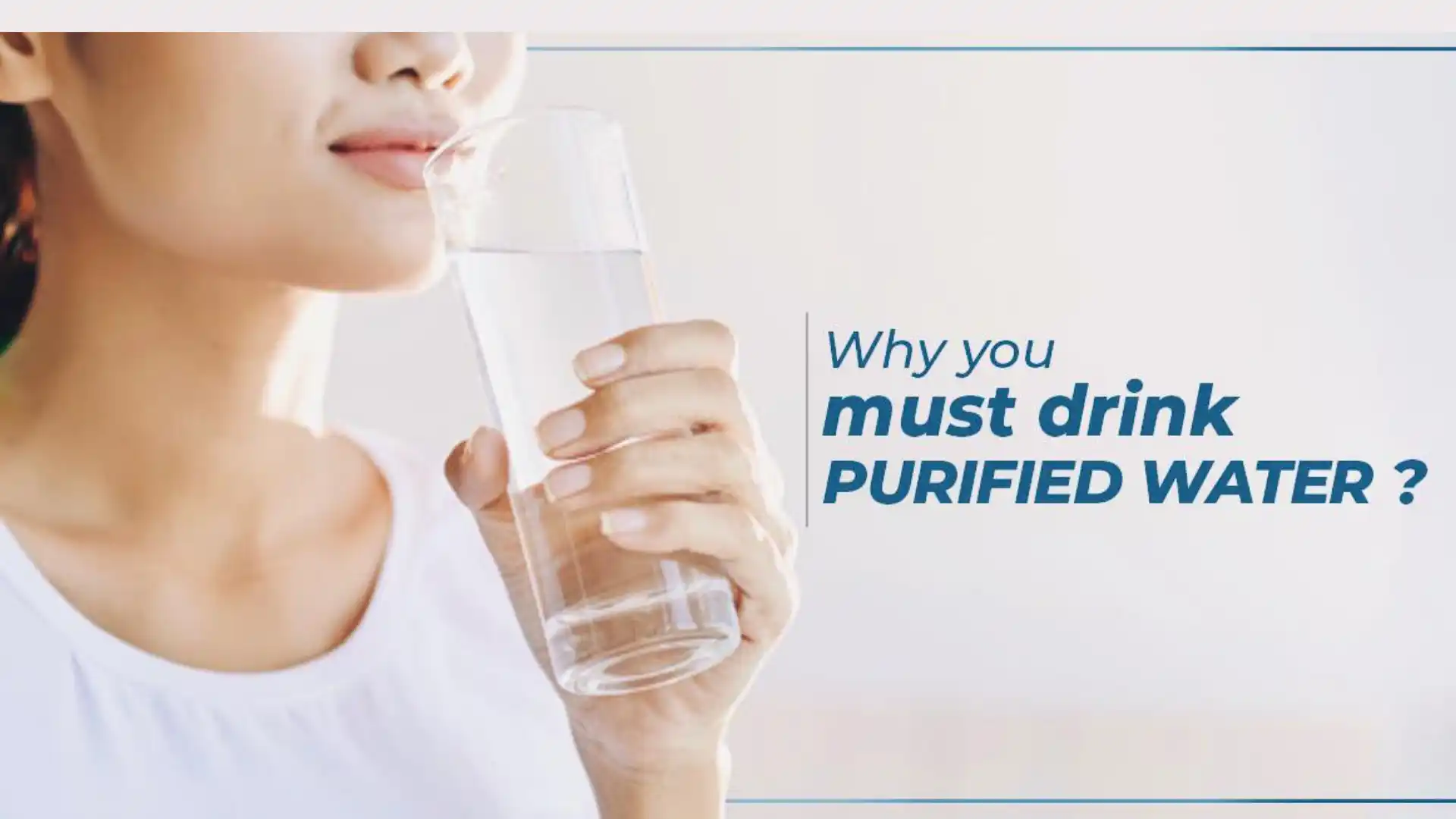
A pregnant woman’s baby is most vulnerable to harm from these things during the first trimester of pregnancy and can lead to birth defects such as cleft lip, heart conditions like arrhythmia (irregular heartbeat) and other health problems for their babies later in life so it is important not to take any risks with this type of drinking water.
Of course, there are just very sensitive to chemical imbalances and pollution. Some people who have certain conditions such as kidney disease, compromised immune systems, severely weakened muscles, or diabetes may need to take special precautions when they consume untreated water due to the potential increased risk of infection and illness. Eczema suffers often comment that when they drink town water without removing the chlorine their condition flares up.
Myths V’s the Real Benefits of Drinking Boiled Water
One of the downsides to purifying water by boiling it is that you need to wait for it to cool down after, however, if you can learn to enjoy the odd glass of hot water, you may just get some additional health benefits.
You may have heard people talking about the health benefits of drinking hot water, and they are right there is some science behind what they say.
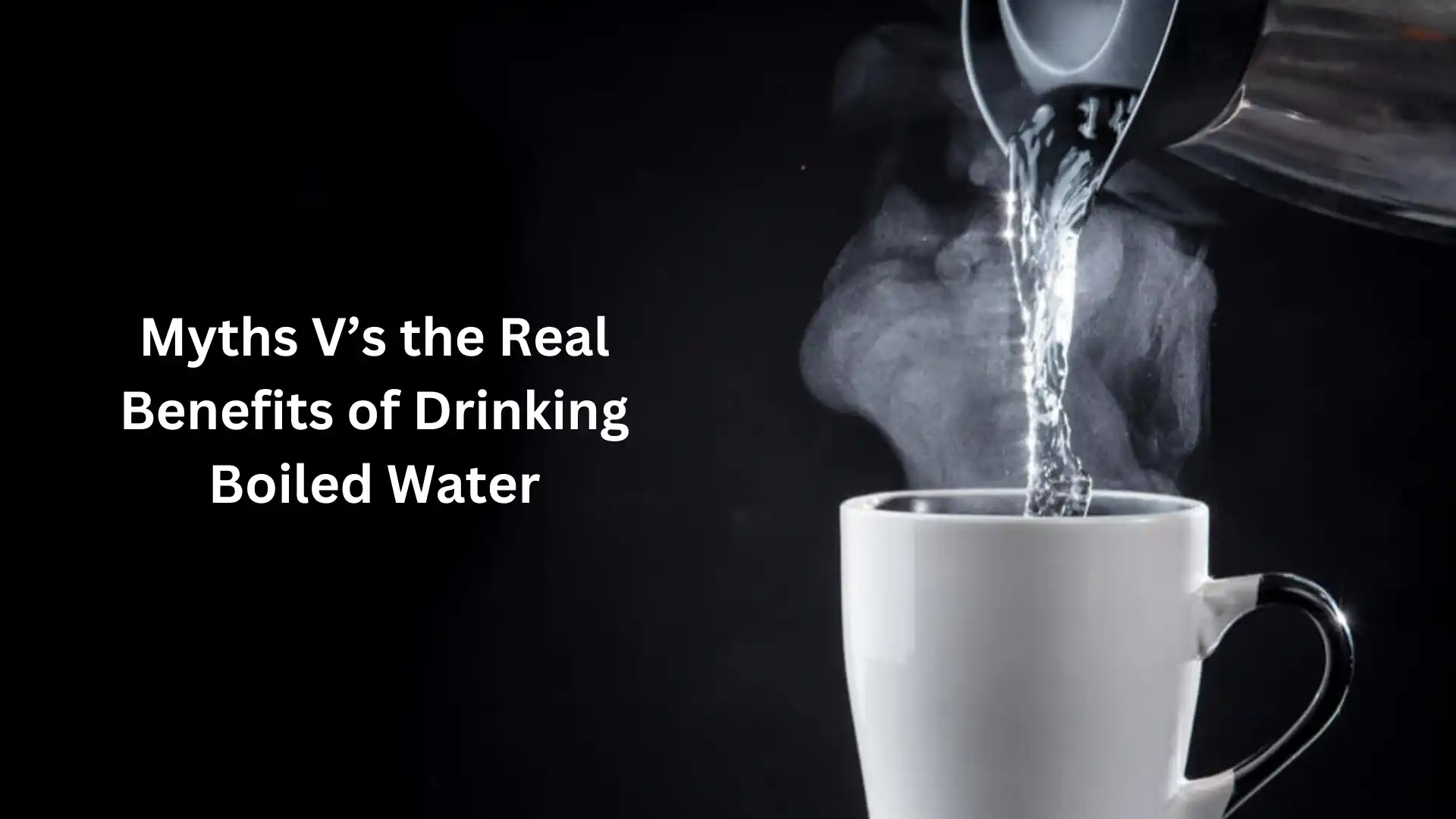
Hot water helps to stimulate your digestive system and increase metabolism, as well as aiding in the process of eliminating toxins from the body. Hot water is more readily absorbed by your body, it relaxes the digestive tract and allows for more rapid hydration.
Natural health advocates also say that hot water can help the body detoxify. When the water is hot enough, it makes you sweat. Sweating helps get rid of toxins and cleanse your pores.
Dangers of Boiled Water Purification
Besides the obvious danger of burning yourself when boiling water, there is a danger that you will actually concentrate the contamination if you build the water for too long.
Because boiling only kills bacteria and viruses and does not remove salts or heavy metals, The danger with boiling your water is if you are going to boil too long; then you risk concentrating salts and heavy metals instead of removing them from the water.
What are the Benefits of Filtered Water vs Boiled Water
Filtering your water helps remove contaminants that can’t be removed through boiling or other means. Some of the benefits are:
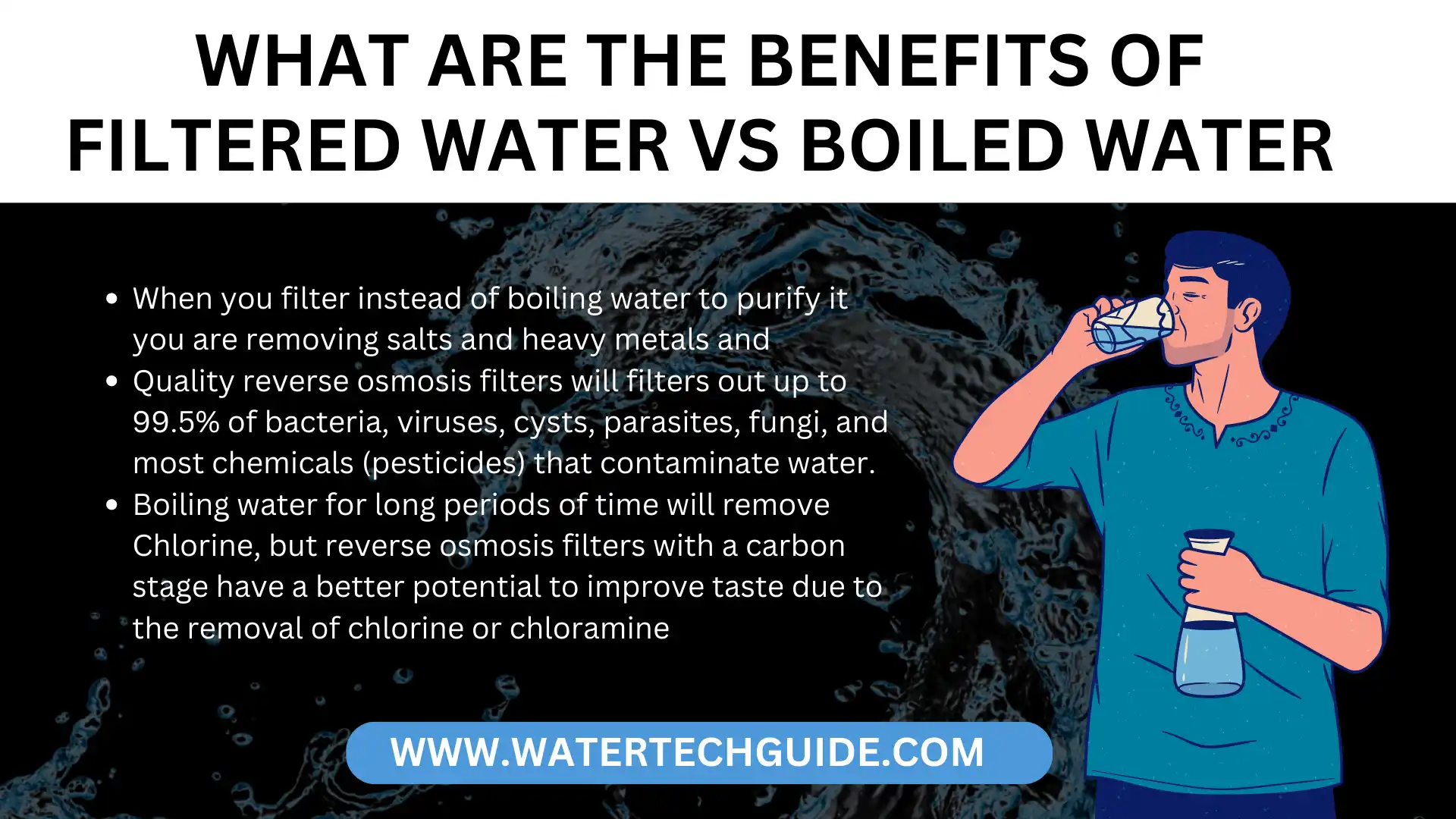
- When you filter instead of boiling water to purify it you are removing salts and heavy metals and
- Quality reverse osmosis filters will filters out up to 99.5% of bacteria, viruses, cysts, parasites, fungi, and most chemicals (pesticides) that contaminate water.
- Boiling water for long periods of time will remove Chlorine, but reverse osmosis filters with a carbon stage have a better potential to improve taste due to the removal of chlorine or chloramine
- Using a water filter may lower the risk of developing cancer-related illnesses from exposure to certain nitrates in drinking water sources.
- Water filters can cost quite a bit of money, if you are not worried about heavy metal contamination then boiling your water may be a suitable cheap way to ensure it is safe to drink.
Choose the Right Type of Filter
Some filters may not be able to handle harmful substances like arsenic while others can! Cheap filters will remove sediment and some other non-dissolved contaminants, even some dissolved metals, but a quality reverse osmosis filter really is the only option if you want to be sure you have nothing but pure water.
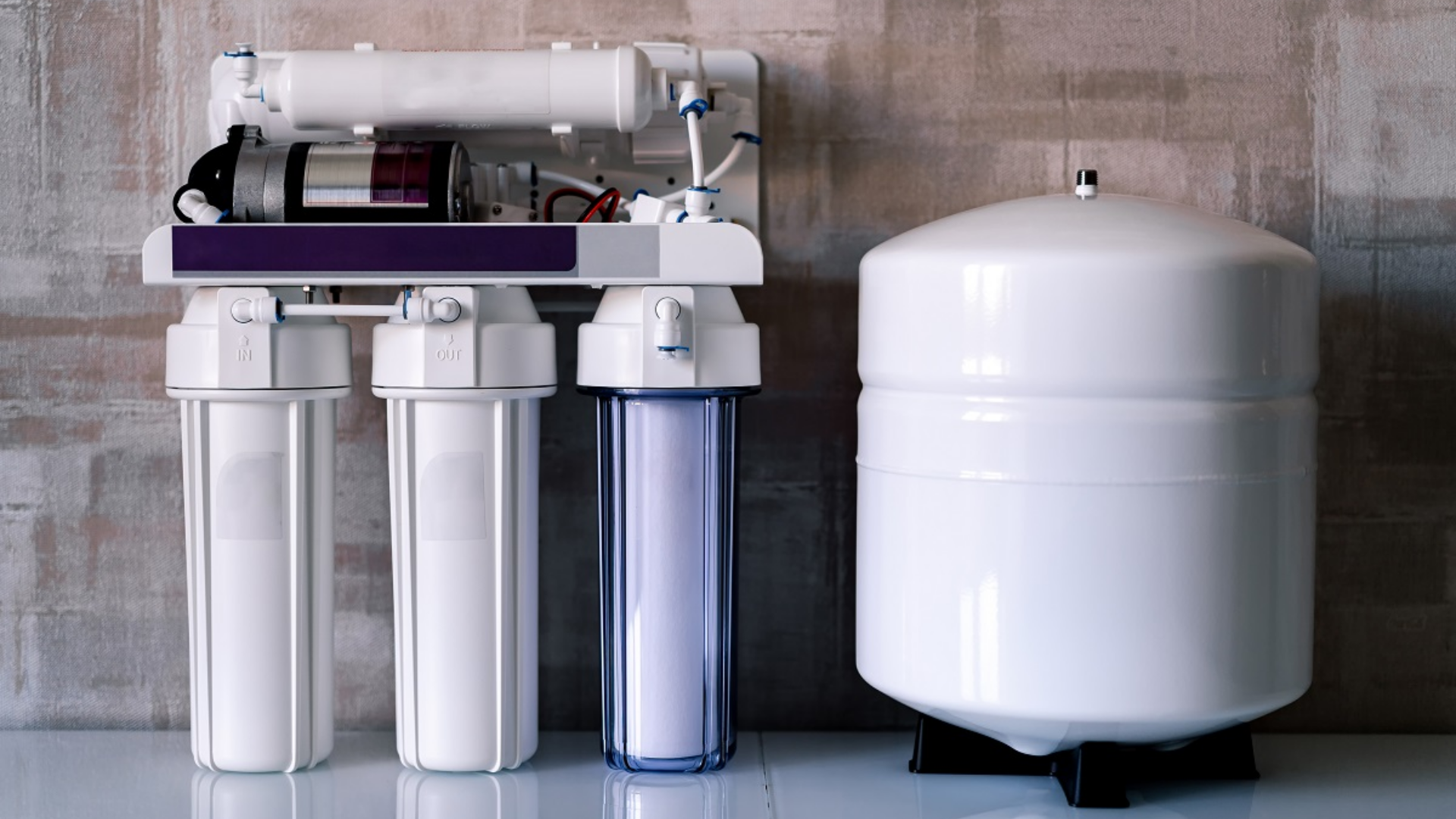
some people say they still feel better when they drink their tap water after running it through a jug filter which is more likely than not because the filter is charcoal carbon-based and the charcoal takes the smell out of the water, some also remove lime and calcium.
Does Filtered Water Need Boiling?
The purification process is designed to remove the bacteria and metals from water, which are both not healthy for people or animals to drink. For example, boiling kills the majority of harmful microbes in untreated water within a minute by heating it up enough that they cannot live; filtering removes many contaminants but leaves living organisms behind.
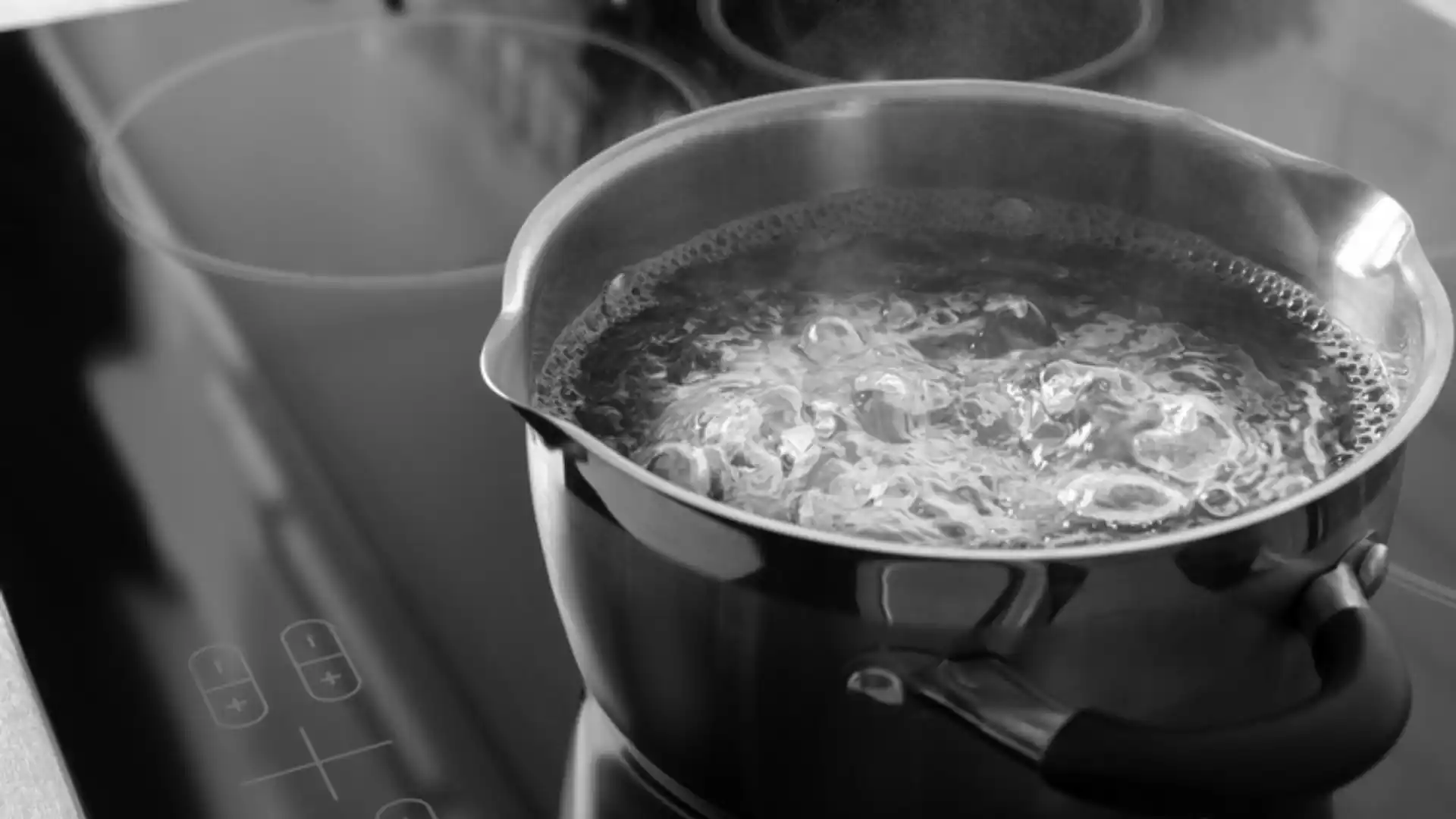
Which method you should use depends on what you want out of the purified drinking water: if all pathogens such as viruses and protozoa need to be killed then boiling will work well because benchtop gravity filters can’t kill these things without additional chemical treatment (like chlorination); however, if just removing heavy metal ions like lead and copper is desired then filtration would be better since those don’t get removed by boiling.
Winner – Boiling vs Filtering Water
When it comes to the question of is it better to boil or filter water the answer is simple. Reverse Osmosis Filtering is better because boiling does not remove all organisms that could make you sick, while with a Reverse Osmosis filter more 99.99% of all contaminants can be completely removed from the water. Reverse Osmosis Filters are also much easier to use and take up less space than boiling pots of water for hours at a time in order to get pure drinking water.
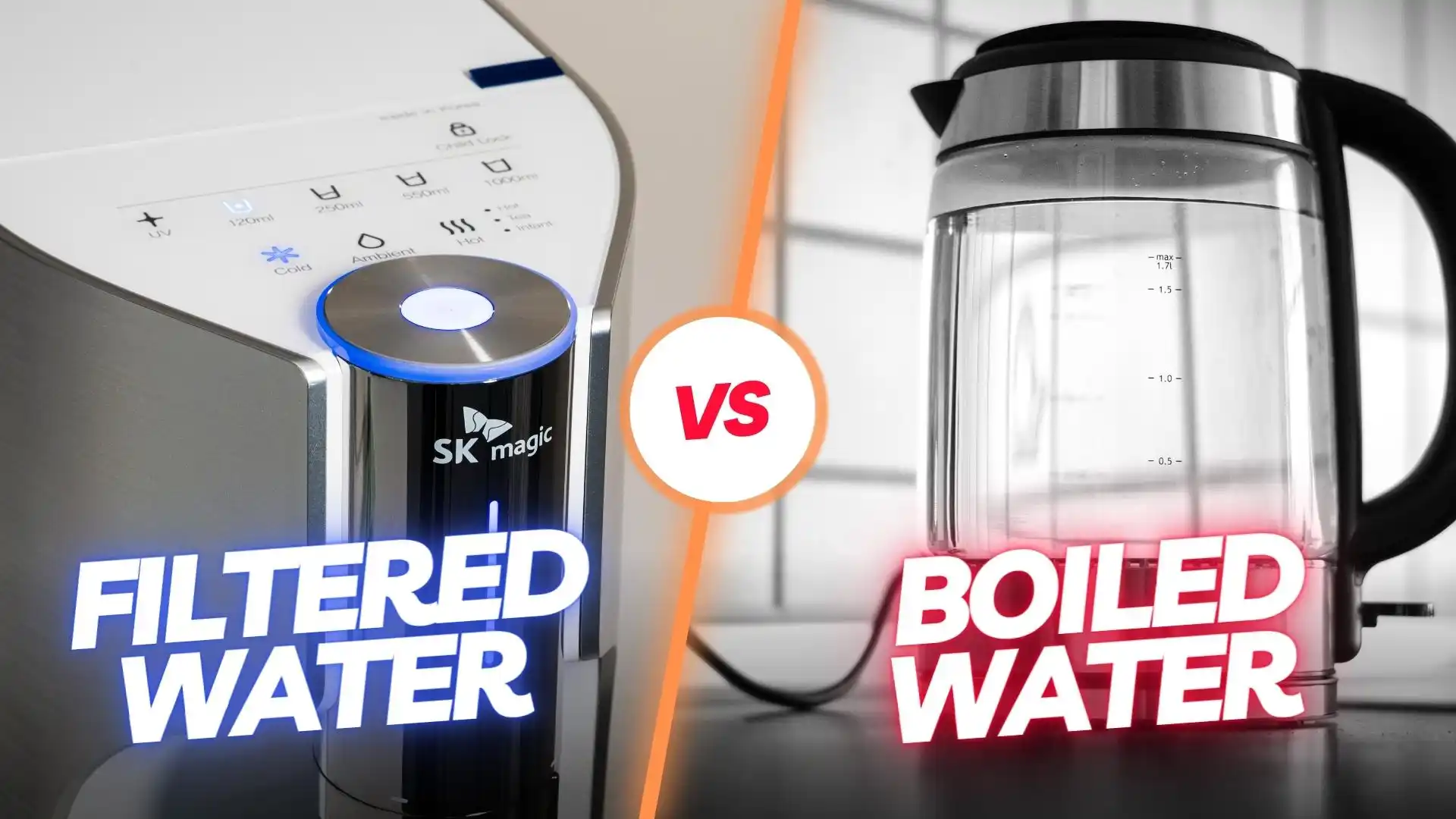
There are many different types of Reverse Osmosis Filters on the market today that will purify your drinking water depending on what level of protection you need. See our Top 10 Best Reverse Osmosis System Reviews 2022 for a complete guide to choosing the right filter for your home.
Benchtop gravity filters are great and work well at removing sediment, limescale, and chlorine, but they generally are not good at killing living things like viruses or protozoa so they may still be present in your purified drinking water if those are contaminants that must be killed; however.
